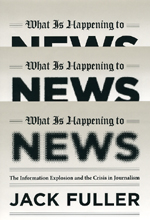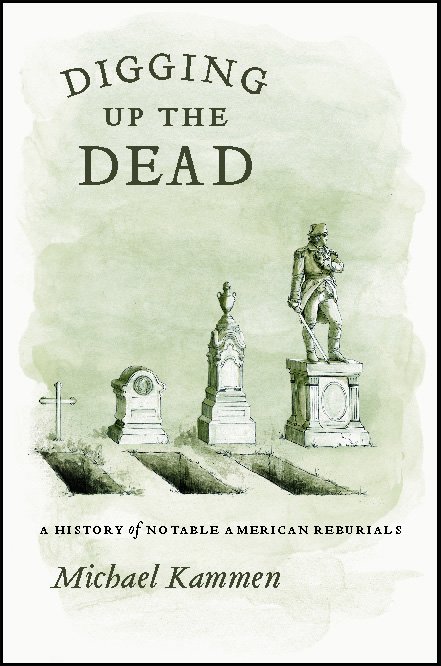Monday Publicity Round-up: Chicago Books in the News
The books of the University Chicago Press have enjoyed a spate of recent publicity. Here are a few highlights of what’s making headlines in Chicago and beyond.

In last week’s issue of Time Out Chicago, books editor Jonathan Messinger talks with city copy turned writer, Martin Preib, author of the new book The Wagon and Other Stories from the City. Messinger writes:
Those expecting Law & Order or a cop thriller need not crack the spine. Instead, Preib begins the book with an essay about his first days on the force, working “the wagon,” the police truck that carries the dead. The work is both mind- and soul-numbing, essentially the saddest courier gig in the city.… The book, it should be noted, is not memoir. But neither is it fiction. Preib is working somewhere in the middle, not caring whether he’s recording an actual event or inventing it as he goes along. In the opening essay, he notes a conflict in his approach: He wanted to illuminate the city but felt constrained by nonfiction because of Chicago’s own ambivalence to truth.
You can read the story “Body Bags” or listen to Preib read from the book in the latest edition of the Chicago Audio Works podcast.

Time Out Chicago also took note of former Chicago Tribune editor and Trib Publishing president Jack Fuller’s What Is Happening to News: The Information Explosion and the Crisis in Journalism. In dealing with the now familiar question of the future of journalism, Fuller goes beyond prescriptions for pay walls. As Messinger notes, Fuller’s book “is more philosophical treatise than it is call to arms. Fuller combs through findings in neuroscience that hint at why the public feeds off scandal rather than the more satiating enterprising journalism its practitioners want to serve them.”
Get a sense of Fuller’s neuroscientific approach in this excerpt.

Over at Inside Higher Ed, Scott McLemee considers Michael Kammen’s Digging Up the Dead: A History of Notable American Reburials , in which the Pulitzer Prize-winning historian offers a treasure trove of fascinating, surprising, and sometimes gruesome stories of exhumation and reburial from throughout American history. As McLemee notes,
Kammen’s anthology of “translations” is, in effect, an account of what historians are always doing—digging into the past, moving the remains to a new location, engraving a new memorial. For that matter, it brings to mind the old joke about dissertation writing as a process of transporting bones from one coffin to another. But it is also a reminder of the final context of all human activity, scholarly and otherwise. In the words of Thomas Paine, writing in 1777: “However men may differ in their ideas of grandeur or government here, the grave is nevertheless a perfect republic.” In the long run, we all end up naturalized.
Check out an excerpt from the book here.
In other news…
Lee Clarke, author of Worst Cases: Terror and Catastrophe in the Popular Imagination, discusses the BP oil spill in the Gulf of Mexico at the New Jersey Newsroom. (Check out an interview with the author, as well as worst cases of the past and future, here.)
Vincent Barletta, author of Death in Babylon: Alexander the Great and Iberian Empire in the Muslim Orient, stopped by the studio of KZSU on Stanford University’s campus to discuss his book with Robert Harrison, host of Entitled Opinions (about Life and Literature).
Harrison, along with fellow Press author Dan Edelstein, were also in the news recently; Inside Higher Ed wrote about their side project, the scholarly rock band Glass Wave. Check out our post from early April on these pioneers in the graduate school of rock.
In Poetry Magazine, Peter Campion calls Atsuro Riley’s Romey’s Order “an astonishing and original debut collection.”
And finally, in the journal Nature, Andrew Robinson reviews Alan Rocke’s Image and Reality: Kekulé, Kopp, and the Scientific Imagination, calling it the “definitive account of Kekulé’s life and the significance of visualization in the development of chemistry.”